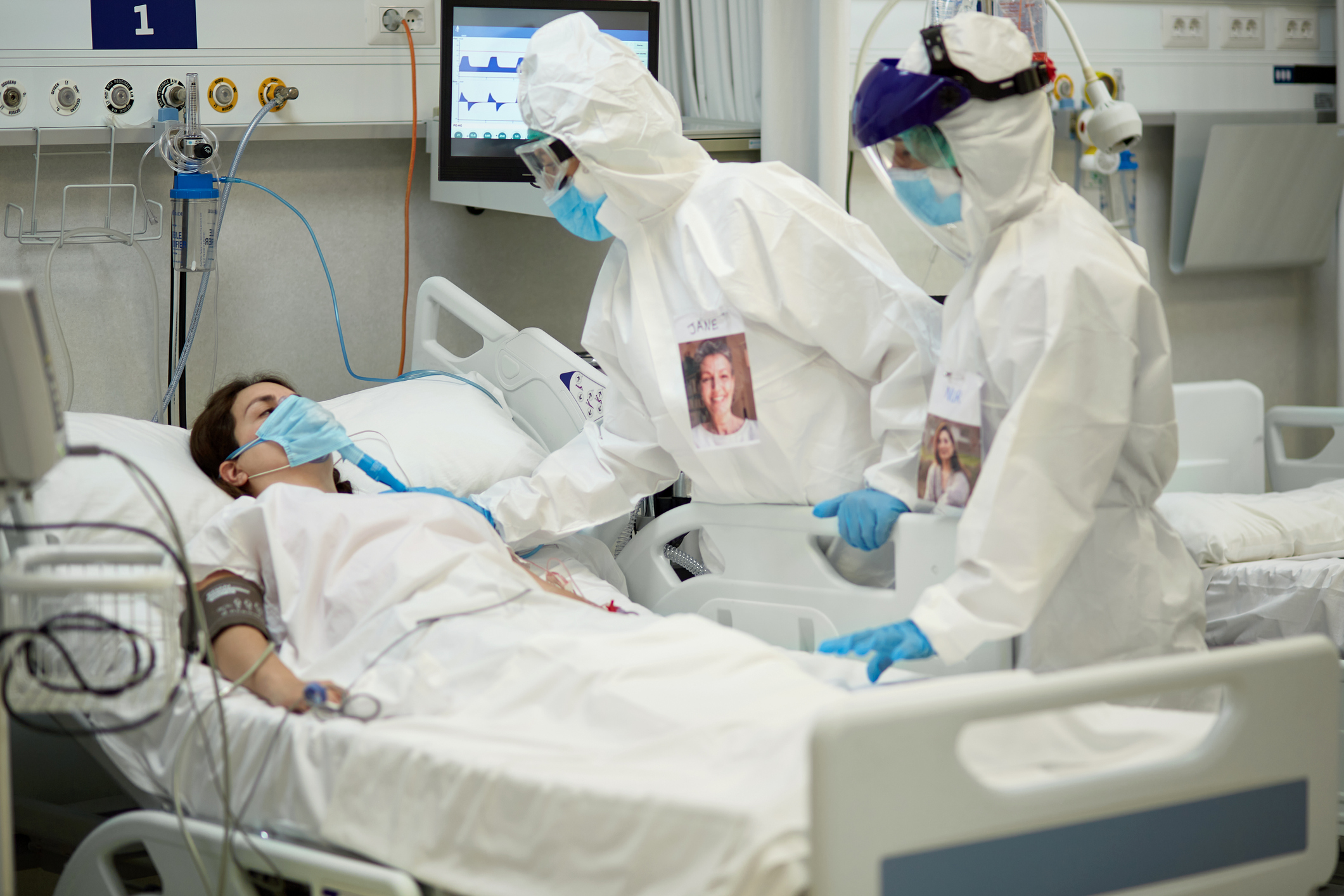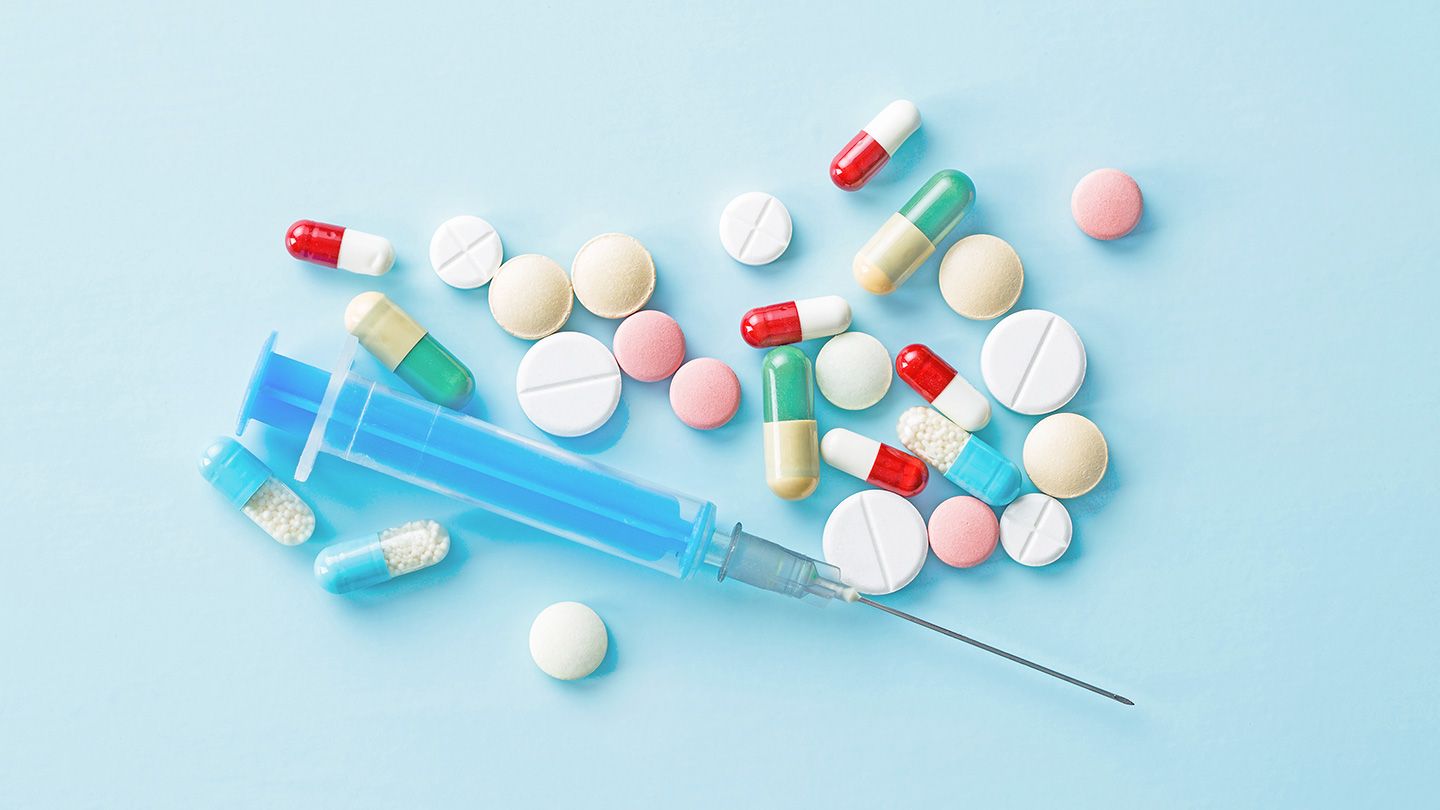Certain drugs used to treat HIV may have a role in preventing SARS-CoV-2 infections, according to preliminary data that may help explain why people living with the condition have not appeared to be at higher risk for serious COVID-19 despite being generally more vulnerable to infections.

Doctors in France studied more than 500 people with HIV, a third of whom were receiving long-term treatment with protease inhibitor drugs as part of their antiviral therapy. Over the course of a year, SARS-CoV-2 infections were diagnosed in 12% of participants taking protease inhibitors and 22% of those not receiving these drugs. Four patients in the non-protease-inhibitor group were admitted to hospital with COVID-19. After accounting for other risk factors, individuals taking protease inhibitors were 70% less likely to become infected with SARS-CoV-2 than patients who were not taking these drugs, according to data scheduled for presentation at the European Congress of Clinical Microbiology & Infectious Diseases.
Some new treatments for COVID-19 use protease inhibitors, which block the virus from multiplying. “Protease inhibitor drugs have long history of use, a good safety profile, and are generally well tolerated,” Dr. Steve Nguala from the Intercommunal Hospital Center of Villeneuve-Saint-Georges, said in a statement. They have the potential “to prevent the spread of infections and mutation of future variants,” he said, adding that larger studies are needed to confirm the findings.
COVID-19 and flu make a dangerous combo. Having COVID-19 and influenza at the same time puts hospitalized adults at much greater risk of critical illness and death compared to having COVID-19 without the flu, researchers reported in The Lancet.

“The vaccines that protect against COVID-19 and flu are different,” added Dr. Peter Openshaw of Imperial College London, “and people need both.”
Experimental COVID drug may be preventive and therapeutic. An experimental drug designed to be sprayed into the nose has shown the potential to both prevent infection and treat COVID-19, at least for some variants of the coronavirus, according to a study in mice.
California-based EBVIA Therapeutics Inc said it is raising funds for human trials, drug development, formulation and mass production of N-0385. If clinical trials confirm its safety and efficacy, giving N-0385 in combination with other antiviral drugs could help reduce the risk of mutations that allow the virus to resist treatment, the research team said.
Sources: reuters
Image Sources: thebodypro.com, nih.gov, everydayhealth.com






